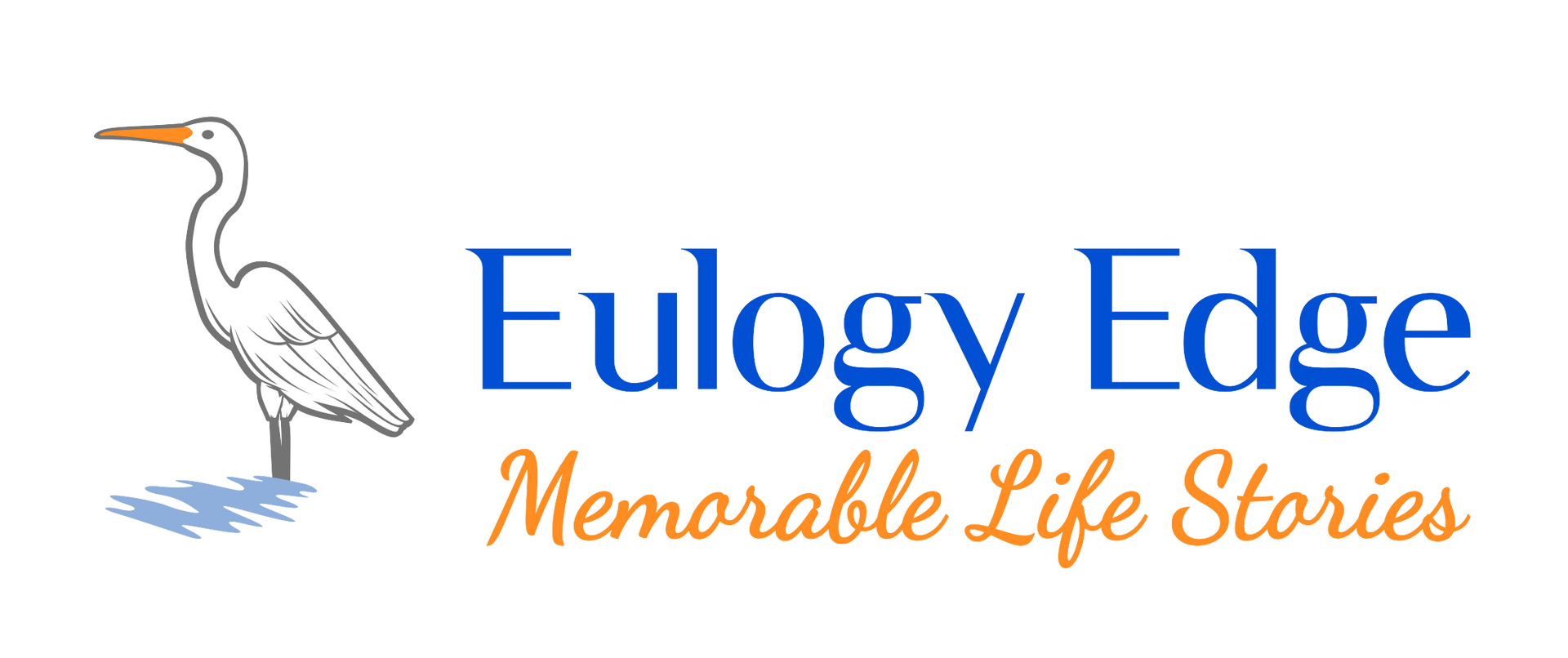Write Your Life Story
Can Anyone Write Their Own Life Story?
Yes! The best life stories are told by the person whose life it is, in their own "voice" - in a way that expresses their own character or personality.
We enjoy a story best when it sounds authentic. If Grandma's telling us about the time she went went cage-diving with sharks, we want to hear about it in the words she uses. If she tells us that a shark tore one of the bars off the dive cage and almost snapped her "bloomin' arm off", we want to hear it that way, because it will not only tell us that she was a wild exaggerator, but it will remind us of the way she spoke and the words she used. Her life story just wouldn't be the same if someone had censored it or watered it down.
Writing your own life story also allows you to bring out your own themes and focus on what is important to you, or on the particular messages you want people to hear. Do you want to focus on how much life has changed since your youth, so people can appreciate the advances in the world? Do you want people to know how difficult your life was and how you overcame obstacles, to give them hope? Do you want to talk about the difficulties in migrating and fitting in to a new culture? Do you want to talk about things you think you could have done better, to help others avoid them? Do you want to create a life story full of family characters, so future generations will get an insight into who was who and what their life was like?
Read: "What if I'm Not a Good Writer", next.
What if I'm Not a Good Writer?
If you're writing your life story for your family and friends, or even for yourself, your main intention is to preserve your memories, tell people what the world was like when you were younger, and tell them the major, meaningful and interesting events in your life.
With some writing advice, tips and guidance, you can soon be writing a great life story. It's important to know how to write about an event in a way that creates suspense or a sense of wanting to know what happens next, so people will want to keep reading. This is something everyone can learn, along with other useful techniques.
Your spelling and grammar are less important, and if you write on a computer, many of these mistakes can be automatically fixed. Or, you can hire someone or ask a friend to proof-read it for you later.
If the actual typing or writing seems challenging, most computers and devices have an option of "speech to text", where you say the words you want typed and the text is automatically created as you speak.
Whatever is holding you back, remember, the main point is to share your life story and have it written down, to preserve your memories.
Read: "Will It Take Long To Write My Life Story", next.
Will It Take Long to Write My Life Story?
If you write a small amount every day or every few days, or whenever the mood takes you, you'll find that before long, you have the beginnings of a great life story. As your life story grows, you will think about it more often and you'll find that memories and ideas pop into your mind throughout the day. Soon you'll be waking up each morning, excited and motivated, reaching for your life story book, and looking forward to writing more.
There's no need to feel pressured to write, or stressed that you're not doing enough, or that you have to get it done within a certain amount of time. You may find that it's a never-ending life story, and you want to keep adding to it.
We're creating a guidebook that makes it
fun and interesting to write your life story, with prompts, tips and advice all the way through. We give you a great structure to work within, and guide you through every step.
Life Story Guidebook

Great Things People Say About Us

“It showed me everything I needed for a proper eulogy – what to put in and leave out. The planning at the start helped me come up with ideas and lined everything up ...”
Jett W - age 20
"Very comprehensive and clear and flows well, covering everything you could think of!"
Angela R - age 62
“I'm so glad I took the leap to do this and my eulogy was so good! People were amazed ...”
Olivia S - age 36

